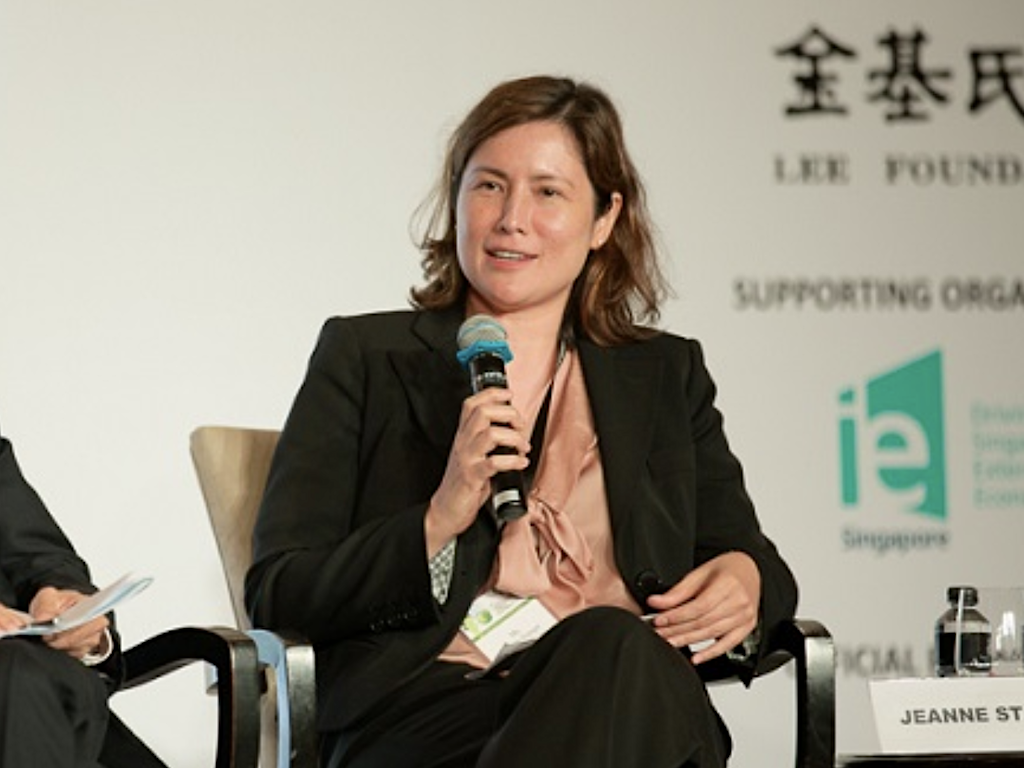2 Mins Read
Singapore’s central bank, the Monetary Authority of Singapore (MAS), has recently hired Jeanne Stampe as green finance resource lead. Stampe is a former WWF head of sustainable finance in Asia. The move is yet another indication of the direction that the traditionally climate conservative financial industry in Asia is heading towards to improve its sustainability credentials.
During her time at WWF, Stampe led the Asia sustainable finance team and a multi-stakeholder initiative aimed at bringing the finance industry together with academics to strengthen green finance expertise among banks and investors. Over the course of her 23-year career, Stampe has worked for a number of firms, including Goldman Sachs and Credit Suisse.
She will be retaining her senior fellow position at the University of London’s School of Oriental and African Studies (SOAS) while working at green finance resource lead for MAS.
MAS’ move comes as the financial industry, which has been traditionally slow to respond to the climate crisis, begins to ramp up its efforts to price in climate risks. In recent months, Singapore’s central bank has implemented a slew of measures, including proposing guidelines to integrate environmental, social and governance (ESG) criteria for banks, issuers of securities, and asset managers.
Similar initiatives have been tracked in Hong Kong. In May, the Hong Kong Monetary Authority (HKMA) and Securities and Futures Commission (SFC) established a green finance steering group, a new cross-agency organisation to ensure that companies disclose climate impacts, risks and factors into their investment processes.
Soon after, Link REIT, the first real estate investment trust in Hong Kong and the largest in Asia as measured by market capitalisation, disclosed that it had secured a five-year sustainability-linked loan of HKD$1 billion (US$129 million) from OCBC bank, a show of strengthened commitment to green finance in city.
Meanwhile, HKEX announced plans to launch a new Sustainable and Green Exchange (STAGE), representing the first Asia-based information platform containing data on green finance investments in the city’s securities markets.
Analysts have pointed to the dual threats of the climate crisis and the coronavirus crisis as a major trigger for the financial industry to recognise the costs of bad corporate stewardship. ESG investing strategies not only mitigates risks to firms’ balance sheets, but have provided cushioning for portfolios against the stock market tumbles and sharp volatility seen in recent weeks.
Lead image courtesy of Singapore Institute of International Affairs.



